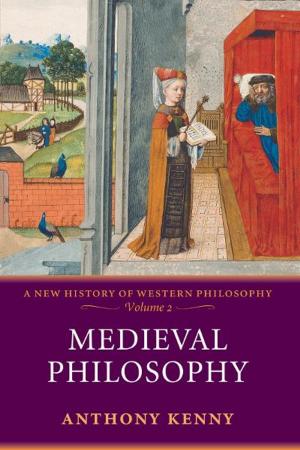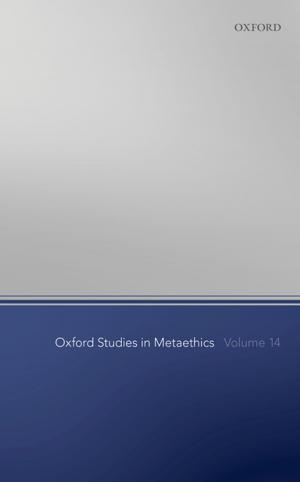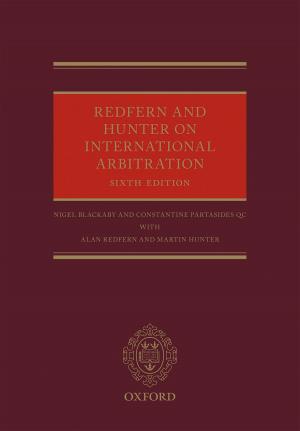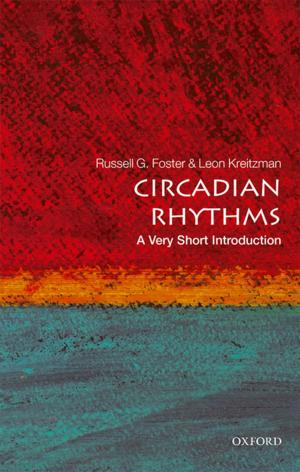The Oxford Handbook of Descartes and Cartesianism
Nonfiction, Religion & Spirituality, Philosophy, Epistemology, Science & Nature, Science| Author: | ISBN: | 9780192517210 | |
| Publisher: | OUP Oxford | Publication: | May 2, 2019 |
| Imprint: | OUP Oxford | Language: | English |
| Author: | |
| ISBN: | 9780192517210 |
| Publisher: | OUP Oxford |
| Publication: | May 2, 2019 |
| Imprint: | OUP Oxford |
| Language: | English |
The Oxford Handbook of Descartes and Cartesianism comprises fifty specially written chapters on René Descartes (1596-1650) and Cartesianism, the dominant paradigm for philosophy and science in the seventeenth century, written by an international group of leading scholars of early modern philosophy. The first part focuses on the various aspects of Descartes's biography (including his background, intellectual contexts, writings, and correspondence) and philosophy, with chapters on his epistemology, method, metaphysics, physics, mathematics, moral philosophy, political thought, medical thought, and aesthetics. The chapters of the second part are devoted to the defense, development and modification of Descartes's ideas by later generations of Cartesian philosophers in France, the Netherlands, Italy, and elsewhere. The third and final part considers the opposition to Cartesian philosophy by other philosophers, as well as by civil, ecclesiastic, and academic authorities. This handbook provides an extensive overview of Cartesianism - its doctrines, its legacies and its fortunes - in the period based on the latest research.
The Oxford Handbook of Descartes and Cartesianism comprises fifty specially written chapters on René Descartes (1596-1650) and Cartesianism, the dominant paradigm for philosophy and science in the seventeenth century, written by an international group of leading scholars of early modern philosophy. The first part focuses on the various aspects of Descartes's biography (including his background, intellectual contexts, writings, and correspondence) and philosophy, with chapters on his epistemology, method, metaphysics, physics, mathematics, moral philosophy, political thought, medical thought, and aesthetics. The chapters of the second part are devoted to the defense, development and modification of Descartes's ideas by later generations of Cartesian philosophers in France, the Netherlands, Italy, and elsewhere. The third and final part considers the opposition to Cartesian philosophy by other philosophers, as well as by civil, ecclesiastic, and academic authorities. This handbook provides an extensive overview of Cartesianism - its doctrines, its legacies and its fortunes - in the period based on the latest research.















